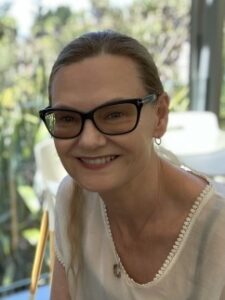Article Summary by Rhoda Shaw and Robert Webb
This article draws on research findings from a series of in-depth interviews with Māori (the Indigenous people of Aotearoa New Zealand) and Pākehā (European settler New Zealanders), concerning their views on organ donation and transplantation. Our findings show both differences and similarities between Māori and Pākehā understandings of transplantation. Pākehā tend to subscribe to western understandings of identity in terms of health and wellbeing, reflecting international literature, whereas Māori draw on traditional principles, values, and beliefs to reflect on their experiences. Rather than conforming to individualistic notions of the body and transplantation as the endpoint of healthcare as do Pākehā, Māori views are linked to wider conceptions of family, ancestry, and belonging; demonstrating how different worldviews affect practices and understandings surrounding organ transfer technology. In the article, we focus predominantly on Māori perspectives of organ transfer. By contextualising the accounts and experiences of our research participants against the backdrop of a long history of settler colonialism and health inequalities in Aotearoa New Zealand, our research may be drawn on to improve the cultural competency of health professionals who work with Māori.
Read the full article on the Medical Humanities Journal website.
 Rhonda M. Shaw is an Associate Professor in Sociology at Te Herenga Waka / Victoria University of Wellington, New Zealand. Her research interests include the sociology of ethics, feminist phenomenology, empirical research on breast milk exchange, organ donation and transplantation, and assisted reproductive technologies and family formation.
Rhonda M. Shaw is an Associate Professor in Sociology at Te Herenga Waka / Victoria University of Wellington, New Zealand. Her research interests include the sociology of ethics, feminist phenomenology, empirical research on breast milk exchange, organ donation and transplantation, and assisted reproductive technologies and family formation.
Robert Webb is a Senior Lecturer in Criminology at the University of Auckland, New Zealand. His research and teaching interests include criminal justice policies and Māori, youth justice, Indigenous criminology, and Māori and organ donation.